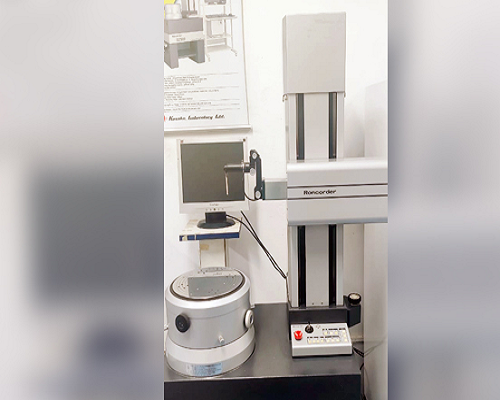Roundness Testing in Chennai

Roundness Testing in Chennai – Kosaka Calibration Lab offers you the best services in adherence to international quality standards.
Roundness is the measure of how closely the shape of an object methodologies that of a precisely perfect circle. Roundness applies in two dimensions, such as the cross sectional circles along a cylindrical body such as a shaft or a cylindrical roller for a bearing. One of the most essential fundamental forms for engineering components is the circular cross-section. Roundness forms arise in many applications, mainly in bearing surfaces such as rotating shafts and ball bearings.
Types of Roundness Measurement Techniques
- Diameter measurement
- Vee-block
- Co-ordinate Measuring Machine
- Rotational Datum
Methods of Roundness Measurement
Diameter measurement
Possibly the first and simplest approach to defining the roundness of a component is to measure the reliability of its diameter at some different orientations. This is often done in-process for checking machine set-up and can be suitable for assessing a component where the roundness is a cosmetic, rather than functional, requirement. It can be functionally relevant of course.
Vee-Block Method
Another process for determining roundness that is often used is to place the part in a vee-block and rotate it in contact with a dial gauge or similar indicator. This is basically a three point method rather than the two-point method above. If the part is truly round, with slight irregularity, the pointer of the gauge will not move.
Co-ordinate Measuring Machine (CMM)
Another way to measure roundness is to use a coordinate measuring machine (CMM). A standard CMM has three accurate, orthogonal axes and is equipped with a touch-trigger probe. The probe is brought into contact with the component being measured and its position is recorded.
Rotational Datum Method
The most accurate process for determining roundness of a component is to measure the variation of radius from an accurate rotational datum using a scanning probe (one that remains in contact with the surface and collects a high-density of data points).
Visit us in Google Maps




Leave a Reply
Want to join the discussion?Feel free to contribute!